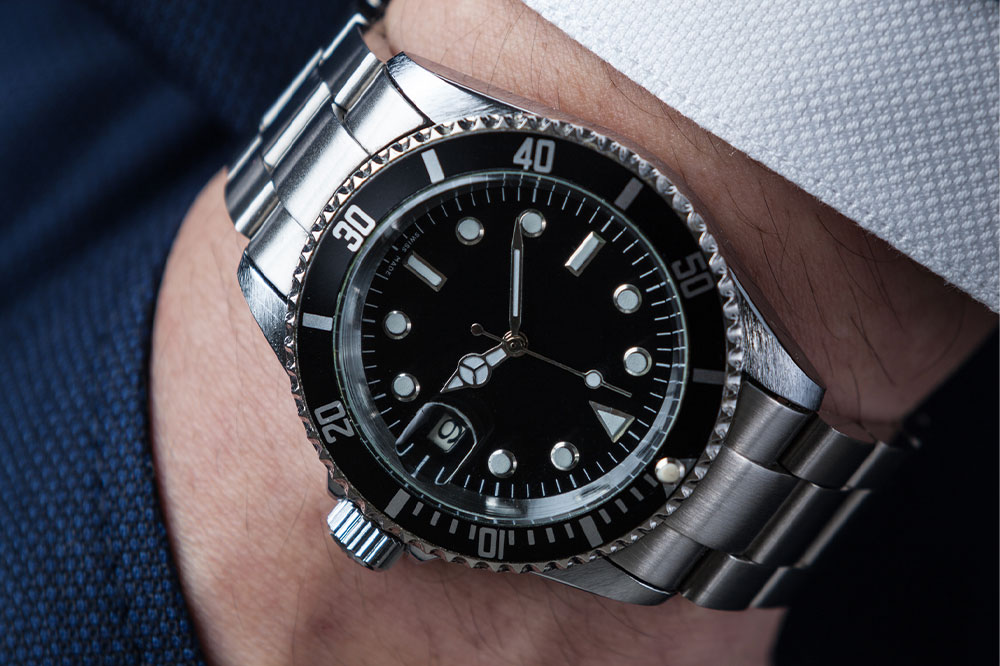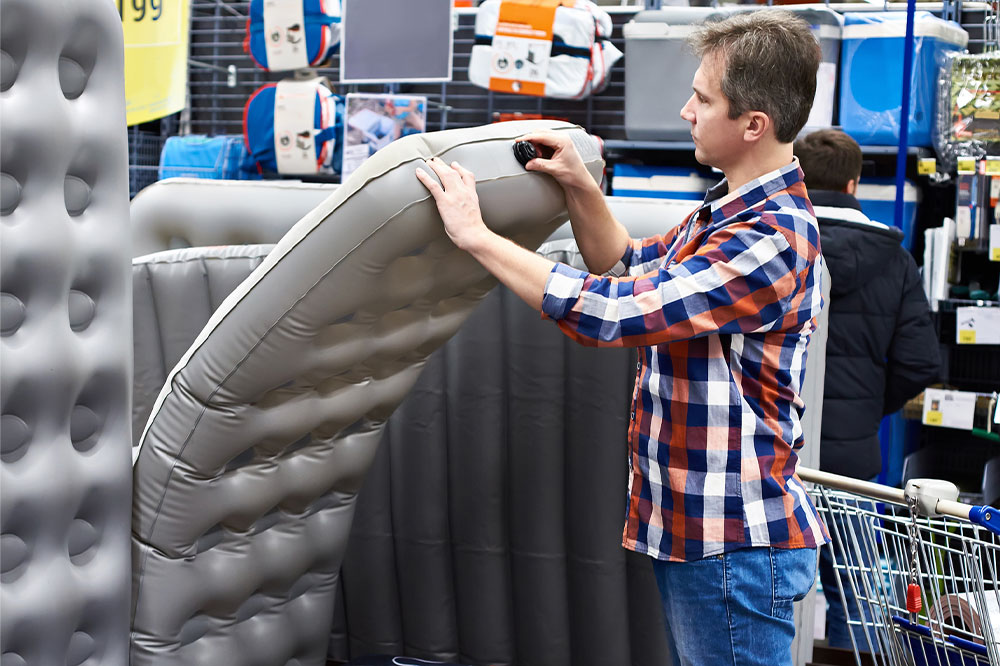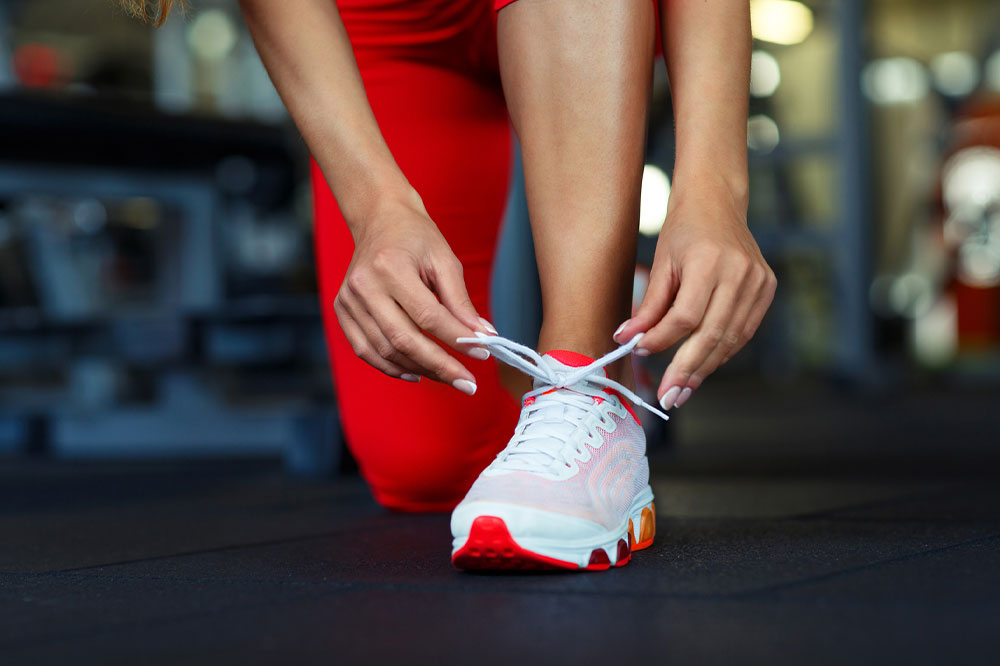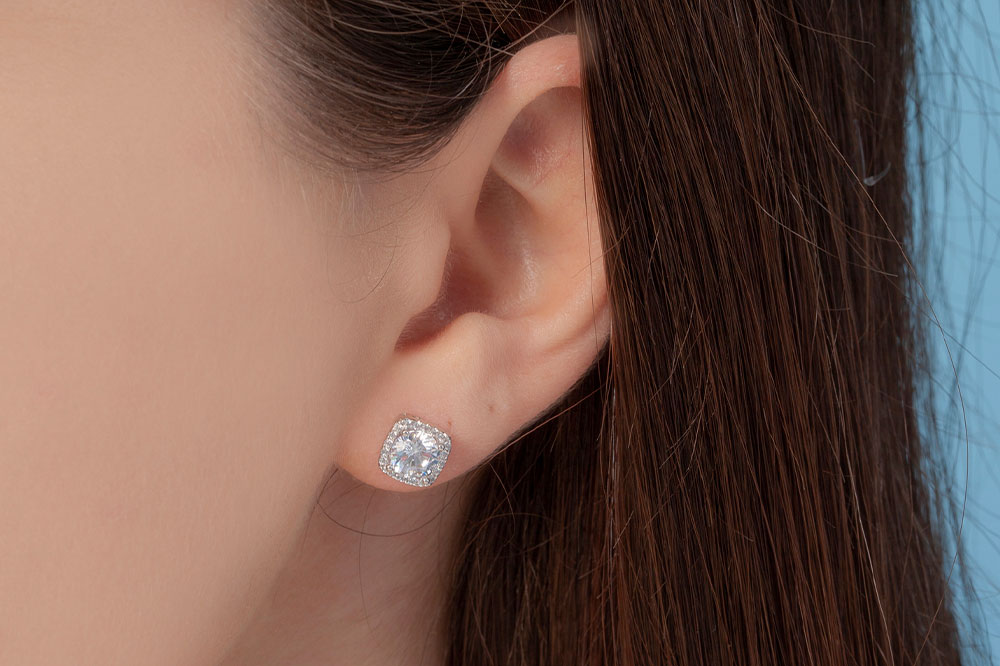7 effective tips for protecting the eyes while traveling
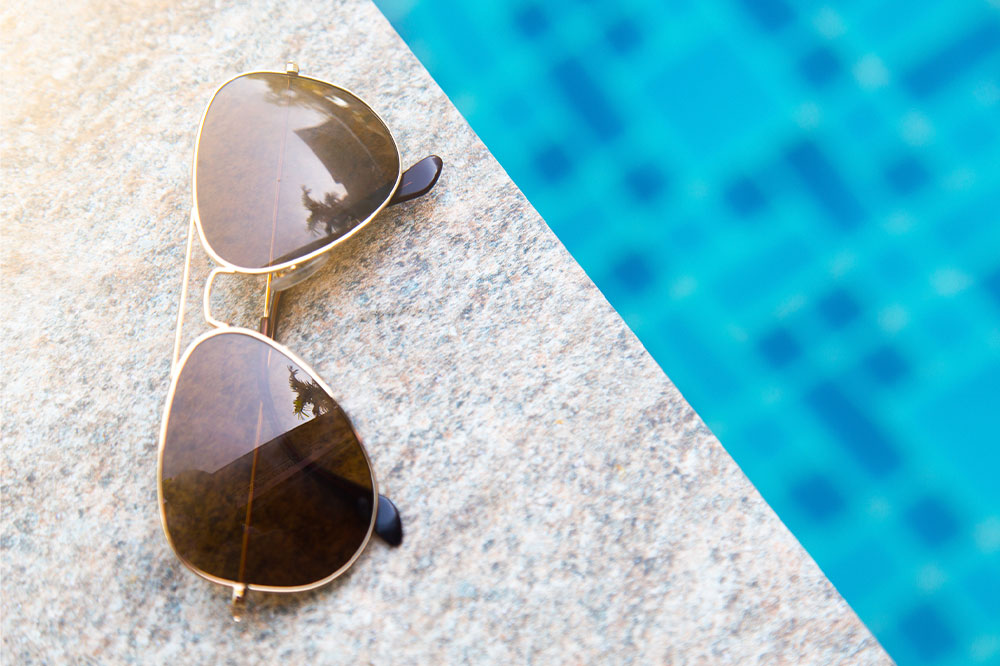
Traveling often or traveling long distances comes with its own challenges. Be it air, train, or road journeys, stress, and discomfort can trigger certain issues. While most people don’t intentionally neglect or avoid taking care, it’s possible to overlook a few simple practices and hygiene habits that could have ensured the body felt better rested. Thus, here are a few essential tips for protecting your eyes outdoors as well as indoors during your next trip.
Apply a warm compress
Long-distance travel can be quite stressful for the eyes. So, applying a warm compress over the eyelids upon arrival at the destination helps soothe sore muscles and improves fluid movement near the tear ducts. Apply the compress for a good 10 to 15 minutes and let the heat gently overcome the strain. This technique will help protect your eyes from developing an infection due to changes in temperature, climate, and even surroundings at a foreign location. It’s also better to wash your eyes with cold water gently to remove any dirt and debris that accumulates during the journey.
Give importance to hydration
Your eyes are self-cleansing and primarily rely on bodily fluids to prepare the lubricant that allows the eyeball to move freely. Every time you blink, the eyelids coat the surface with this natural liquid for improved vision. Doctors recommend drinking plenty of water to stay hydrated to support this function. Natural tears also protect the eyes from particulate matter and external pollutants. Staying hydrated even lowers the risk of dry eyes, a common condition where the tear ducts stop producing these fluids. Ophthalmologists even suggest using hydrating eye drops that help replenish the lubricants regularly in an extremely dry and temperate environment.
Have an extra pair of glasses
Glasses not only help correct and improve vision but also protect your eyes while traveling from debris, pollution, and UV exposure. But accidents can happen at any time, and the last thing you’d want to deal with on holiday is to find a replacement for a pair of broken glasses. After all, compromised vision is not the best way to spend your vacation days. Always carry an extra pair and even have contacts handy. Even if there are ophthalmologists and opticians who can help prepare a pair of prescription glasses within a day, it’s better to carry backup and avoid unnecessary expenses.
Don’t ignore vision problems
If you suddenly experience double vision, blurry vision, or flashes that cause distress, don’t wait to consult with an ophthalmologist. It could be a sign of an injury or underlying condition that results in eye distress. This is even more important when you are on vacation and are traveling frequently. Some eye injuries don’t necessarily cause pain, especially when it’s something like internal bleeding that results in the accumulation of blood within the eyeball. So, never ignore the signs of injury, as these can rapidly progress into something more serious.
Remove makeup before bed
If you are wearing eyeliner or mascara during the day, these makeup products lead to styes at the edge of the eyelids near the tear ducts. Not cleaning out this gunk can result in hardening and crusting of the style near the ducts, affecting natural lubrication. If left unchecked, there is also an increased risk of infection. So, doctors recommend removing all makeup before bed. If a style has developed, keep the area clean and lubricated; also, consult an eye specialist for any prescriptions if required.
Wear protective glasses
One of the biggest risk factors for eye injury and damage during travel is exposure to UV radiation, especially if you are planning a vacation at tropical hotspots closer to the equator. Always carry and wear good, polarized glasses or special UV protection sunglasses when you are planning to spend a day at the beach. Just as you would make an effort to protect your skin with SPF sunscreen, it’s equally important to shield the eyes from such harmful exposure. Protective eyewear is also necessary in snowy places as the UV reflection at such locations is more intense and directly reflected off the snow-covered surface directly onto the eyes.
Use a sleep mask
Air travel can be quite stressful for the eyes, simply because the altitude changes cause the eyes to dry out mid-flight. Either keep some prescription eye drops handy in flight or wear a relaxing eye mask when you nap. The protection prevents dry air from drying out the tear ducts and causing inflammation or swelling of the eyelids. If you are wearing contact lenses, don’t forget to remove them before taking a nap and applying the eye mask.
Always be prepared for any emergencies while traveling. It is advisable to make a list of the doctors and health specialists available at the location you’re traveling to in case of emergencies.


